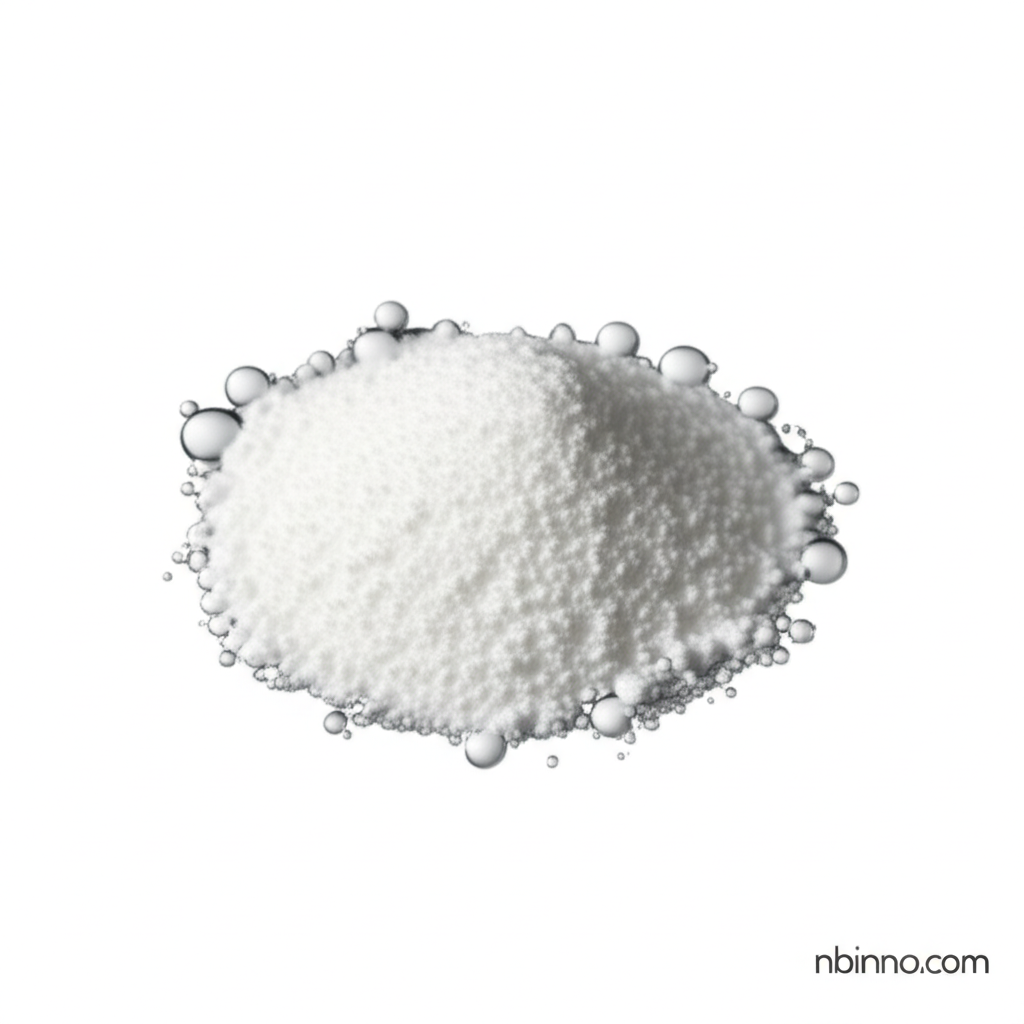Amyloid β-Peptide (1-42) Human: Understanding Its Role in Alzheimer's Pathogenesis and Therapeutic Targets
Explore the critical role of Amyloid β-Peptide (1-42) Human in Alzheimer's disease pathogenesis, from its biogenesis and toxicity to its significance as a therapeutic target. This comprehensive overview delves into the molecular mechanisms, research models, and evolving treatment strategies.
Get a Quote & SampleProduct Core Value

Amyloid beta-Peptide (1-42) human
Amyloid β-Peptide (1-42) Human is a crucial peptide in Alzheimer's disease research, acting as a primary component of neuritic plaques. Its accumulation and aggregation are considered key drivers of the disease's pathogenesis, initiating a cascade of events that include neuroinflammation, oxidative stress, and tau pathology. Understanding the intricate role of this peptide is paramount for developing effective Alzheimer's disease treatments. As a supplier in China, we are committed to providing high-quality research materials vital for advancing scientific understanding.
- Understanding Alzheimer's Disease Pathogenesis: Delve into the complex mechanisms of Alzheimer's disease by studying the key role of Amyloid beta peptide 1-42 human in its development.
- Advancing Therapeutic Strategies: Utilize this critical peptide to explore and develop novel therapeutic targets for Alzheimer's disease, focusing on inhibiting Aβ accumulation and mitigating its toxic effects.
- Investigating Neuroinflammation: Examine the intricate link between amyloid beta peptide 1-42 human and neuroinflammation, a significant factor in Alzheimer's disease progression.
- Exploring APP Processing: Gain insights into the APP processing pathways and how they contribute to the biogenesis and toxicity of Amyloid beta peptide 1-42 human, crucial for understanding Alzheimer's disease.
Product Benefits
Research-Grade Purity
Benefit from a highly pure form of Amyloid beta peptide 1-42 Human, ensuring reliable and reproducible results in your Alzheimer's disease research.
Critical for Pathogenesis Studies
Utilize this peptide to dissect the complex pathogenesis of Alzheimer's disease, essential for understanding its molecular underpinnings.
Foundation for Therapeutic Development
Leverage our product as a cornerstone for developing innovative therapeutic targets and strategies aimed at combating Alzheimer's disease.
Key Applications
Alzheimer's Disease Research
Investigate the fundamental mechanisms of Alzheimer's disease, including Aβ biogenesis, aggregation, and toxicity, to understand its progression.
Neurodegenerative Disease Studies
Utilize this peptide as a critical tool in broader neurodegenerative disease research, exploring common pathways and potential therapeutic interventions.
Peptide Therapeutics Development
Explore the potential of peptide-based therapies for neurological disorders, using Amyloid beta peptide 1-42 Human as a research subject.
In Vitro Diagnostic Research
Contribute to the development of diagnostic tools and assays for Alzheimer's disease by utilizing this well-characterized peptide.
